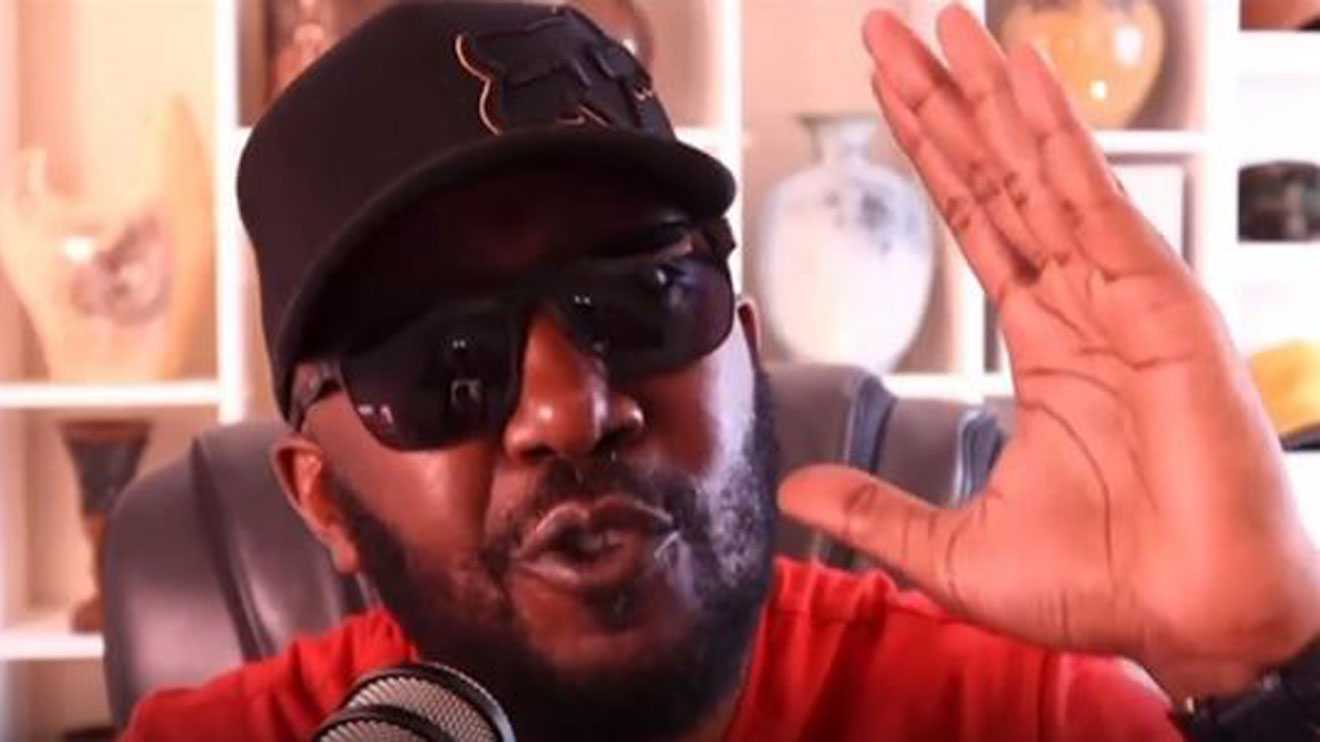Andrew Kibe, a prominent YouTuber known for his controversial content, recently found himself in hot water as his YouTube channel, boasting nearly 500,000 subscribers and 160 million views, was terminated.
While some may argue that this move is an infringement on freedom of expression, there are compelling reasons to support YouTube’s decision to block his channel. First and foremost, it’s essential to address the ambiguity surrounding the exact reasons for Kibe’s channel termination. YouTube has a clear policy in place, and channels are terminated after a careful review process. The platform typically sends an email to the account holder explaining the reason for termination. Kibe’s reluctance to publicly share the stated reason raises questions about his transparency and accountability as a content creator.
Kibe’s content has always been known for its provocative and polarizing nature, often stirring controversy and dividing public opinion. While freedom of speech is a fundamental right, it comes with responsibilities. Content creators, especially those with a massive following like Kibe, have a duty to ensure their content doesn’t promote hate speech, discrimination, or misinformation. YouTube, as a platform, has a responsibility to maintain a safe and welcoming environment for all its users, and this includes cracking down on channels that violate its policies.
Kibe’s case is not an isolated incident in the world of Kenyan YouTubers.
The comedian Flaqo faced a similar ban but successfully went through YouTube’s appeal process and had his channel reinstated. This suggests that YouTube is not out to stifle voices or creativity but to hold creators accountable for their content. It’s crucial to understand that being banned from a platform like YouTube doesn’t mean the end of a creator’s career; it can serve as a learning experience and an opportunity for growth.
Moreover, the fact that Kenya has only about 14 channels with more than 1 million subscribers implies that Kibe’s channel has significant influence in the country. With such influence comes an even greater responsibility to ensure that the content being disseminated is ethical, accurate, and aligns with community guidelines. YouTube’s decision to ban Kibe’s channel sends a clear message that popularity and subscribers do not excuse the violation of content policies.
Kibe’s decision to create a new YouTube channel, which has already garnered over 12,000 subscribers, demonstrates his determination to continue his content creation journey. However, this fresh start should be an opportunity for him to reassess his approach and create content that is both engaging and responsible.
In conclusion, the termination of Andrew Kibe’s YouTube channel should not be viewed solely as an act of censorship but as a call for accountability in content creation.
While freedom of expression is vital, it should not be an excuse to disseminate harmful or divisive content. YouTube, as a platform, has the right and the obligation to enforce its policies to ensure a safe and respectful community for all users. Kibe’s ban should serve as a reminder to content creators everywhere that with great influence comes even greater responsibility, and the key to success lies in producing content that enriches, educates, and inspires without causing harm.


